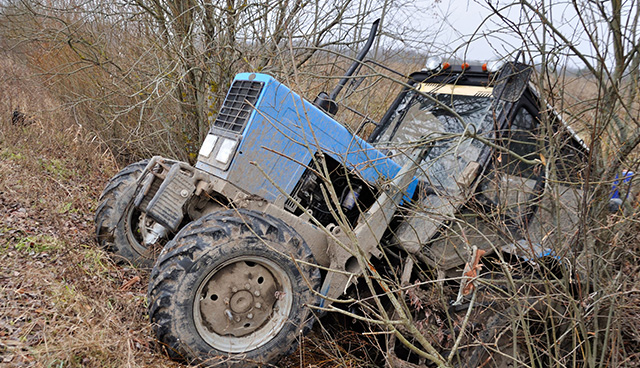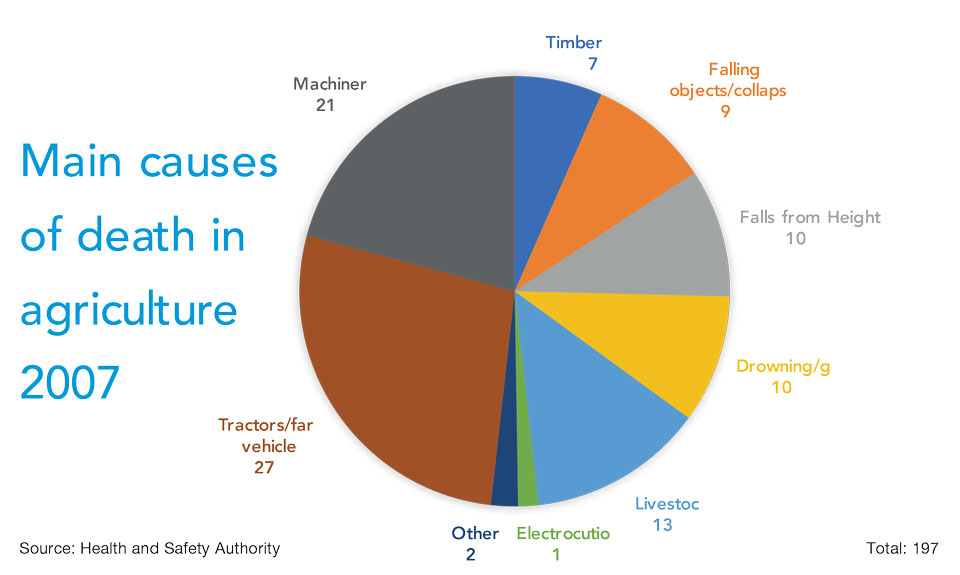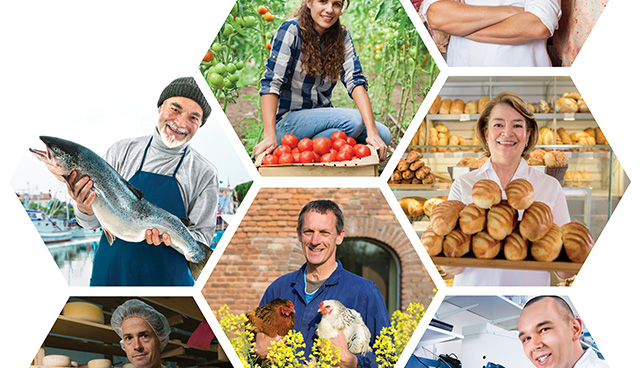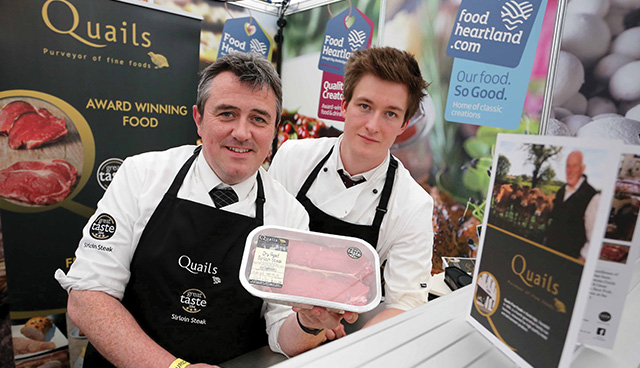Farm safety:A 2018 priority


Richard Halleron outlines how farming has eclipsed the construction sector as Ireland’s most dangerous career pathway and the need for greater health and safety awareness.
I remember getting a job on a building site as a student. On the first day I arrived for work wearing a pair of trainers. Five minutes later I found myself being escorted to the front gate by the clerk-of-works and told not to come back until I was wearing the appropriate foot wear. That little matter was quite quickly resolved, but I remember that the site received two health and safety inspections during the three month period of my stay.
Attitudes to health and safety in the construction industry changed for the better when the authorities decided to get tough. A similar approach is needed in agriculture.
Pushing ahead with lots more farm awareness events and producer-focused training are crucially important, where farm health and safety matters are concerned.
However, there has to be balance struck by the authorities between the carrot and the stick approach. I firmly believe that the relevant organisations must take a decision to become much more focused in the way they address health and safety standards on farms.
One way that farmers can be made to take more notice of the issue – in a truly meaningful way – is to impose financial sanctions. Anything that can be done to save even one life, or cut the accident rate on local farms by any significant extent, should be given a fair wind, even if this means upping the number of farm safety inspections.
The past few weeks have seen the proposed introduction of new penalties for traffic speeding offences in the Republic of Ireland and we are fast approaching a scenario of ‘zero tolerance’ where drink driving is concerned.
Surely, this is the mind-set change that will be required to deliver real change, when it comes to ensuring that farmers make their own health and safety, and that of their families, a number one priority. The reality is that farm accidents are not inevitable: they are avoidable.
In Northern Ireland, the Farm Safety Partnership (FSP) is made up of key stakeholders with an interest in promoting the highest standards of health and safety within farming businesses. Its latest ‘Stop and Think SAFE’ campaign aims to tackle the four main causes of fatalities on Northern Ireland farms. These are: slurry; animals; falls (from height) and equipment-related incidents.
In the Republic of Ireland the onus of delivering the strongest possible advisory message to farmers lies with the Health and Safety Authority (HSA).
Last year (2016/2017) saw six people killed in farm accidents in Northern Ireland. The equivalent figure for the Republic of Ireland was 24. These statistics are only the tip of the iceberg when it comes to quantifying the total number of accidents that actually take place on Irish farms during the course of a year.
Analysis of these figures confirms that older people and the very young are particularly pre-disposed to farm accidents. Finding supports for elderly farmers or farmers working alone is something that needs to be addressed.
Everyone involved in farming must aim to make whatever changes are necessary, to work practices, to stop these accidents occurring each year. That means safety must be paramount when carrying out any work, especially with tractors or farm machinery.
The beginning of 2018 saw Teagasc and the Health and Safety Authority in the Republic of Ireland signing a ‘Joint Initiative Agreement’ to promote farmer safety and health for the next three years. The initiative aims to provide safety and health research, training and advisory support to farmers.
This is an extremely positive development, building as it does on a relationship between both organisations that has been in place since 2005.
It is to be hoped that the approach taken by all the advisory agencies to farm safety and health are generally well understood by farmers and the broader farming community. This awareness must now be matched by real actions on the ground. Farmers face a wide variety of hazards and risks on a daily basis and must proactively manage these to ensure a safe and healthy working life.
Health and safety is a fundamental requirement for any business and should be regarded as an essential part of farm business management.
The reality is that Injuries and illness can ruin lives and businesses. Solutions are often simple and cheap. The people best placed to make farms safer are farmers and their employees.
Improving safety standards is of critical importance for Irish agriculture. There have simply been too many lives lost, too many serious injuries, and too many families devastated in our rural communities over recent years.
Admittedly, there are no “quick fixes” available to address what has proved to be such an intractable problem in many countries the world over. But this same sentiment was, no doubt, expressed where construction was concerned a couple of decades ago.
We know there is a clear link between the activities of elderly farmers and the greater risk of them being involved in a farm accident. Surely, this calls into question the need for a formal farm retirement scheme in Ireland. Or, at the very least, the need for farmers over a certain age to undergo an annual health check. Such an approach would determine their fitness for work.
By common consent the average farmer-age on the island of Ireland is far too high. What’s more, given the pressures on the industry today, production agriculture is a way-of-life that is preferentially suited to young people.
Obviously, there will be an ongoing need for research and data gathering in a range of areas to help develop, implement and monitor the effectiveness of farm safety interventions and programmes.
There is also a growing need for the relevant authorities to prosecute cases where there has been a blatant disregard for achievable and recognised minimum legal standards by farmers resulting in harm to others.
Linked to this is a requirement to identify methods, which deter those who are found repeatedly ignoring basic safety measures, putting themselves and others at risk.
Where education is concerned, there is a need to develop and publish ‘quick and simple guides’ tackling the perception that safety is expensive or time consuming.
Stress is another contributory factor, where farm accidents are concerned. Much more must be done to provide farmers and their family members with the advice they need to address this challenge in a constructive manner.
Farming goes to the very heart of Ireland’s economy. It is also a way of life for many thousands of farm families.
Unfortunately, the idyllic and tranquil scenes that so characterise the industry are at odds with the industry’s very poor health and safety record. This is totally unacceptable state of affairs must be rectified.






